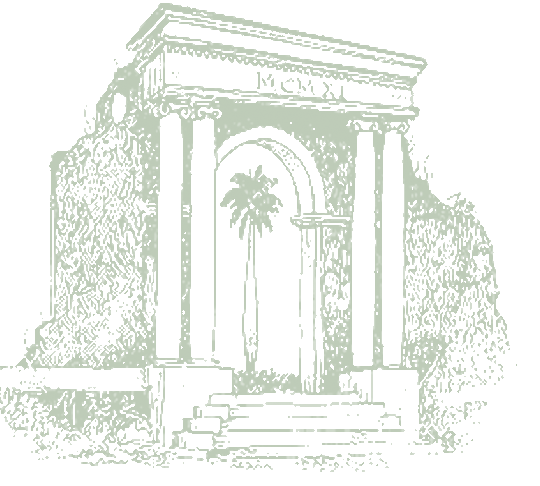CHEMICAL OCEANOGRAPHY (CMOQ)
Chemical oceanographers seek to understand the ways in which various elements are cycled within the oceans, and the reactions that these elements undergo. Ocean chemists improve our understanding of the basic conditions under which ocean life thrives in seawater, and help predict the effects of anthropogenic and natural climate change on ocean composition. Research is based on: eutrophication, primary productivity, water gases, ocean acidification, marine contamination, and biochemical cycles.
Graduate Courses
CMOQ 6615. CHEMICAL OCEANOGRAPHY (II).Three credit hours. Three hours of lecture per week. General survey of chemical oceanography, including application of basic concepts of physical and analytical chemistry to the marine environments, chemical interactions of major and minor constituents of seawater, the influence of chemical processes on physical, biological, and geological processes.
CMOQ 6617. MARINE POLLUTION (II)(On demand). Three credit hours. Three hours of lecture per week. Prerequisite: CMOQ 6615 or CIMA 6615.Deleterious effects on living resources, human health, marine activities, and water quality caused by the anthropogenic introduction of substances or energy into the marine environment.
CMOQ 8616. OCEANOGRAPHIC TECHNIQUES (I).Three credit hours. One hour of lecture and one six-hour laboratory period per week; also a three days’ duration training cruise. Pre-requisite: authorization of the Director of the Department. Training in the use of standard shipboard and laboratory techniques in physical, chemical, geological and biological oceanography. Planning and execution of a trip on a cruise. Data collection, processing and analysis.
CMOQ 8638. CHEMICAL OCEANOGRAPHY LABORATORY (I).Three credit hours. One hour of lecture and six hours of laboratory per week. Laboratory experience in techniques of sampling and handling of marine samples, and the analyses of these samples for major, minor and trace constituents.
CMOQ 8991. A, B, C. SPECIAL PROBLEMS IN CHEMICAL OCEANOGRAPHY (I, II)(On demand). One to three credit hours. One to three sessions per week. Laboratory studies of specific problems in chemical oceanography. Topics to be chosen by the student and approved by the professor.
